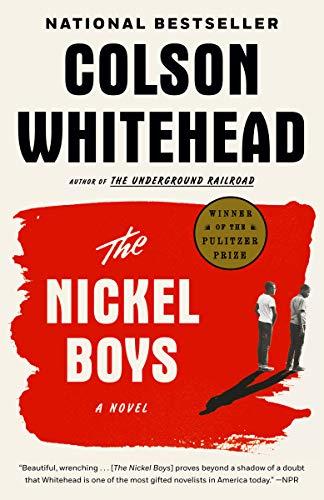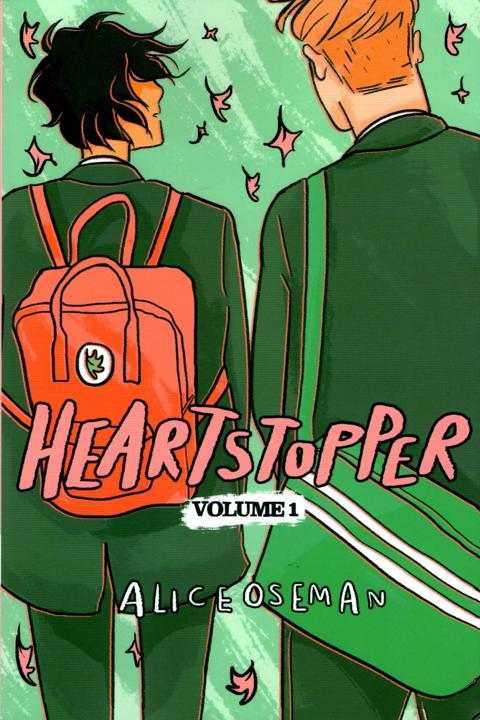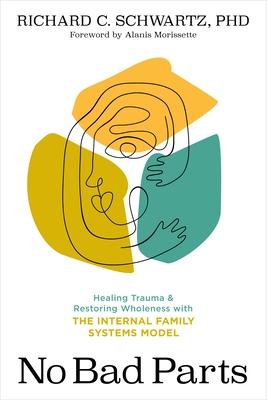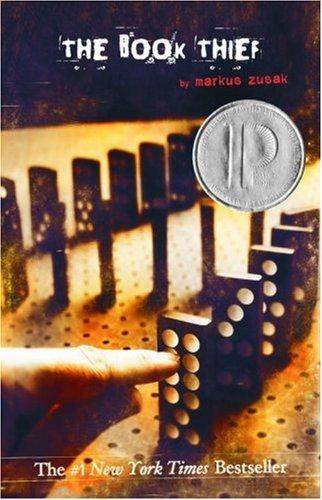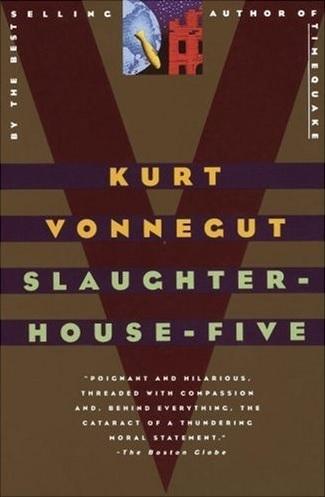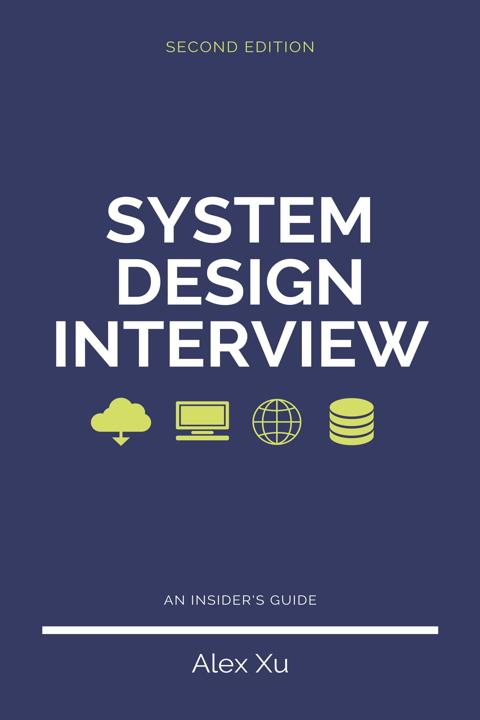
Information
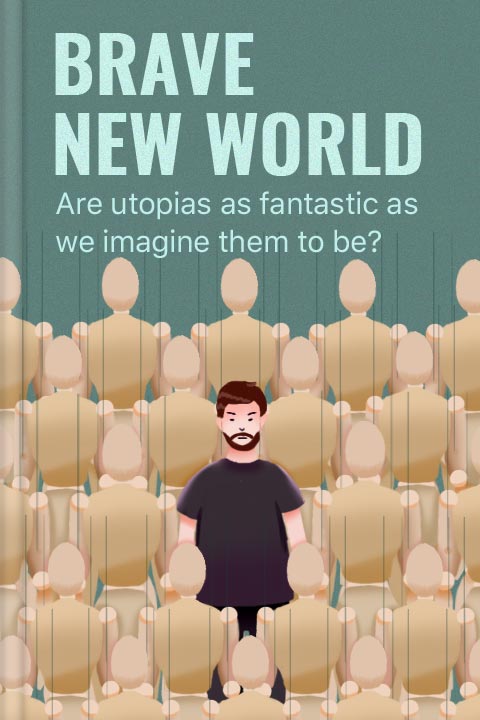
Author: Aldous Huxley
Narrator: Ryan
Format: MP3
IBSN:
Language: English
Publish Date: 18/12/1969
Audiobook length: 31 min
Readers Also Enjoyed Summary Audiobook 
Why listen to Brave New World
Listening to the summary audiobook of "Brave New World" by Aldous Huxley is an excellent way to grasp the novel's profound themes of technological control, societal conformity, and the loss of individuality in a dystopian future. In a world where relevant discussions about ethics and progress are more pertinent than ever, the summary provides a concise yet insightful overview of Huxley's warnings about consumerism and the implications of sacrificing freedom for stability. Engaging with this summary allows listeners to reflect on contemporary issues while appreciating the literary brilliance of Huxley's vision, making it a valuable addition to anyone's intellectual journey.
Key Insights from Brave New World
- In 'Brave New World', Aldous Huxley explores the dangers of a technologically advanced society that sacrifices individuality and genuine human emotions for the sake of stability and happiness. This dystopian world demonstrates how the pursuit of pleasure can lead to the dehumanization of society.
- The novel critiques the impact of consumerism on human values, depicting a world where people are conditioned to seek constant pleasure and distraction from deeper existential concerns. This commentary resonates with contemporary issues surrounding overconsumption and the loss of meaningful connections in the modern world.
- Huxley presents the idea of 'soma', a drug that symbolizes the artificial means of coping used by the citizens of this dystopia to escape reality and avoid discomfort. This reflects a cautionary tale about the reliance on technological and pharmacological solutions to enhance happiness, underscoring the potential consequences of avoiding life's challenges.

Brief In, Brilliance Out
Contact: buildlearn.bk@gmail.com







